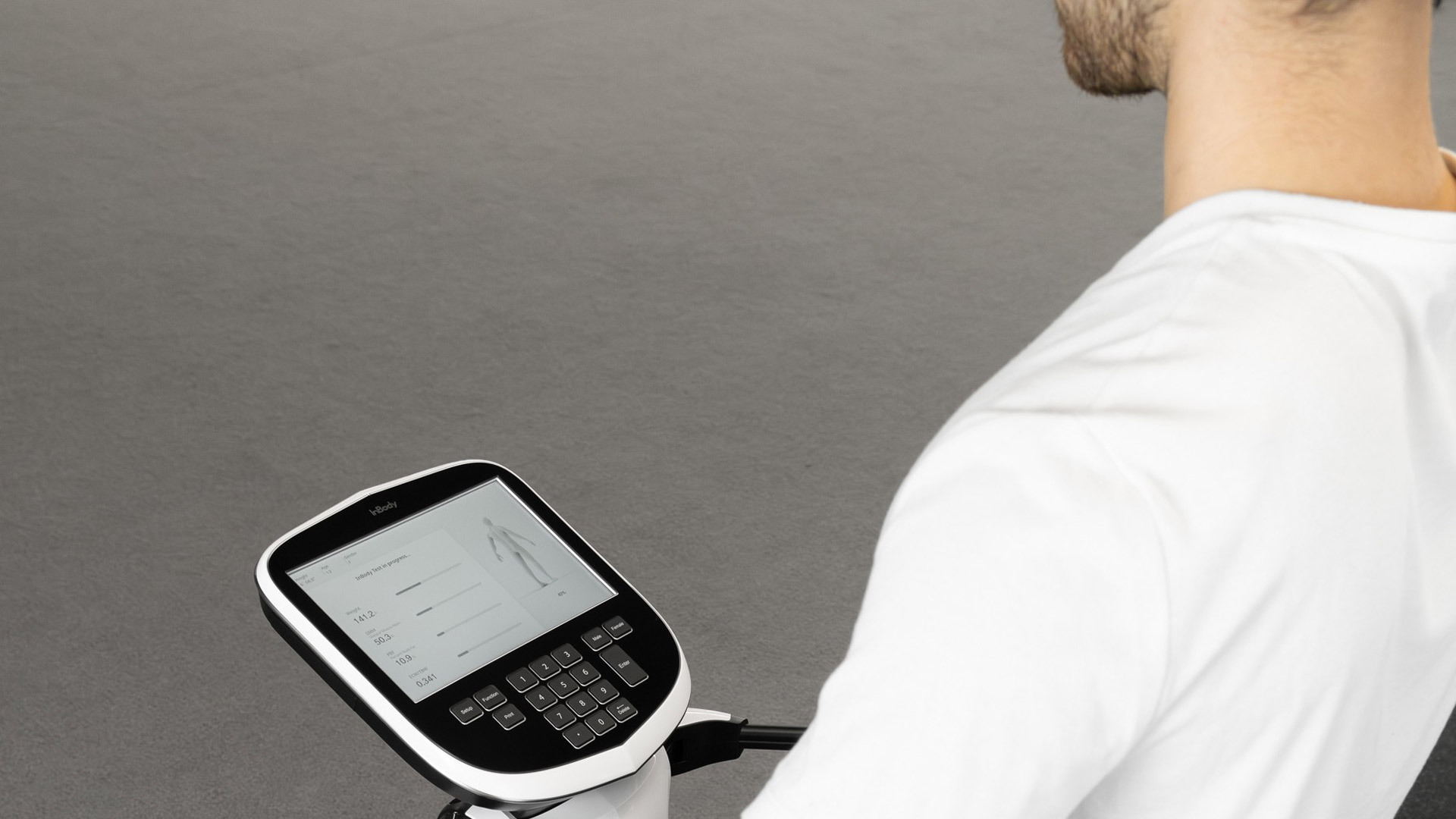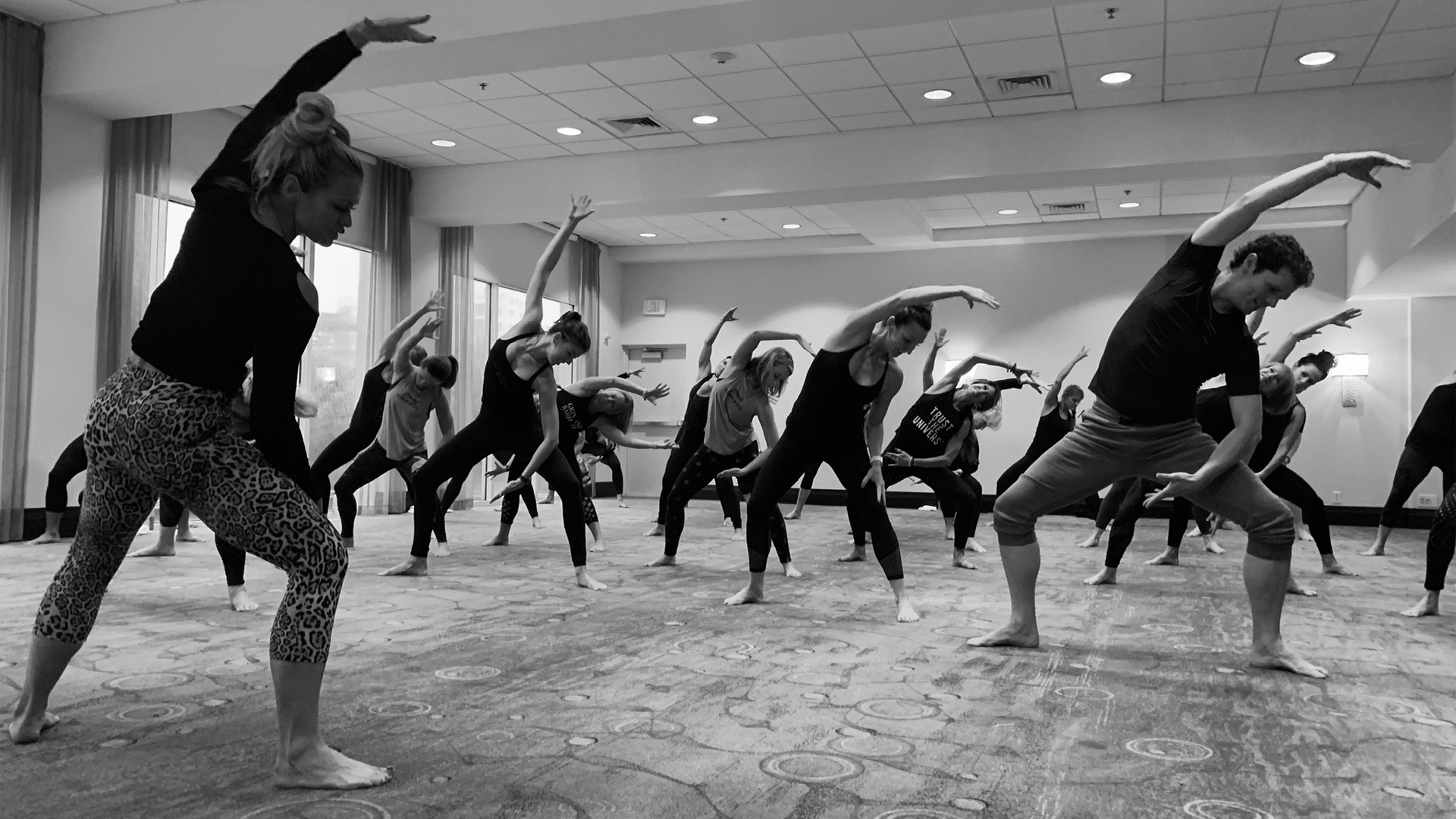All Categories

Although women make up about 50% of the population, their unique needs in health and wellness are often overlooked or misunderstood. This oversight has led to a one-size-fits-all approach and doesn’t take into consideration the complex hormonal fluctuations women experience throughout their menstrual cycle. Cycle syncing is a no-nonsense practice that is changing how we approach women’s health.
Cycle syncing allows women to align their lifestyle, including their exercise and nutrition routine, with their distinct needs based on which phase of their cycle they are in. This approach empowers coaches and trainers to create comprehensive training programs and nutrition plans that cater to the specific needs of their clients through each phase. By understanding and working with the body’s hormonal shifts, cycle syncing offers a path to enhanced performance, improved recovery, and overall well-being.
Talking about women’s needs while they’re in different phases of their cycle can feel personal and hard to discuss, but it’s important to remember that menstruation is a natural part of life for women, and ignoring it doesn’t make it go away. The menstrual cycle is split up into four phases; menstruation, the follicular phase, ovulation, and the luteal phase. Each phase incurs a shift in hormones, energy, mood, and physical importance, and trainers should understand what each phase entails.
As each woman is unique, they will each have differences in how they experience the menstrual cycle including the intensity, the amount of days the phases last, energy levels, and side effects of the cycle.
Cycle syncing refers to the practice of matching diet and exercise to the phase of the menstrual cycle. As the body experiences changes from phase to phase, the needs of each phase also shift. Cycle syncing takes into account the nutritional and physical needs associated with each phase. For trainers, this can be a powerful tool for optimizing training during each phase to help your client achieve their goals while listening to the needs of their body.
Nutrition is also important for these phases as the body has different needs for each phase. If you are not a Registered Dietician or nutrition coach, it is out of your scope of practice to give a client a meal plan, but you can share baseline knowledge of their nutritional needs during each phase and you can encourage them to do research around the types of foods that support each phase.
Discussing the menstrual cycle may feel uncomfortable if you’re not used to having conversations about women’s health topics. It can also feel personal and private for some people, so proceeding in a meaningful and respectful way will be paramount. Here are a few tips for approaching the conversation:
Leading these conversations respectfully and professionally opens up a world in which we take women’s health issues seriously and start training them to empower them in every phase of their cycle and every life stage.
Cycle syncing provides the opportunity to take a significant step forward in not only taking women’s health seriously but optimizing training and nutrition around their needs in each phase of their cycle. By understanding and respecting the natural rhythms of the menstrual cycle, trainers and coaches take on the unique role of educating their clients about their bodies, helping to improve their physical performance, and promoting a holistic view of women’s health and wellness.
Cycle syncing offers an opportunity to address a long-standing gap in women’s health and provides a more personalized approach to fitness that will leave your clients feeling more in control of their wellness. Embracing cycle syncing may set you apart in the field and allow you to bring a more comprehensive and competitive package to the table to address client needs. By having respectful and informed conversations about the menstrual cycle and its impact on fitness, we create a broader shift in how women’s health is viewed and addressed in the wellness industry.
Powering the Business of Health, Fitness, and Wellness Coaching

By Elisa Edelstein

By Robert James Rivera

By Elisa Edelstein

By Robert James Rivera

By Rachel MacPherson

By Elisa Edelstein

Powering the Business of Health, Fitness, and Wellness Coaching
